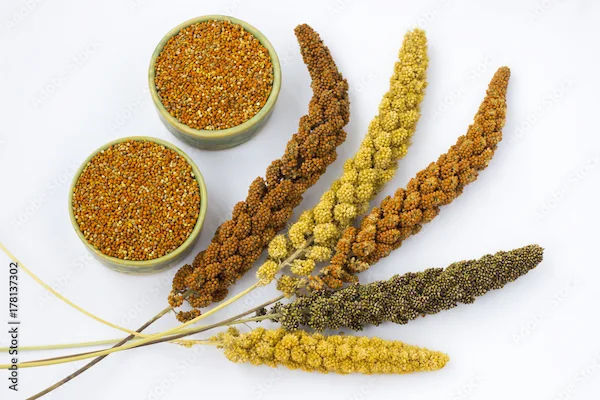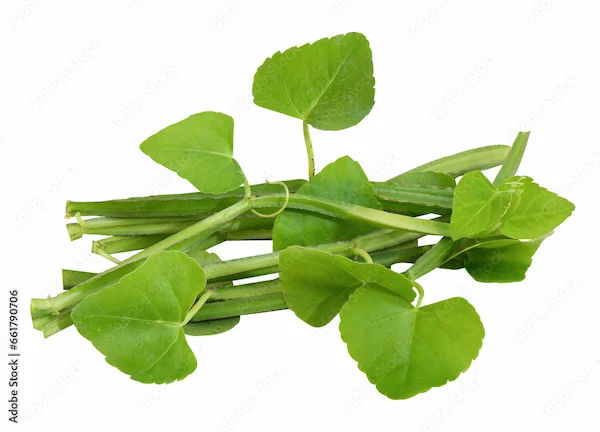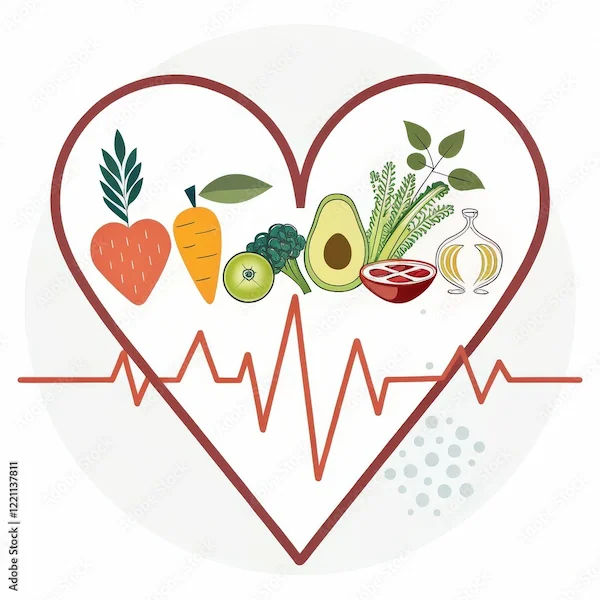Dahi Caloric Information and Nutrition Facts
learn about the nutritional facts and benefits of dahi. What is low-fat, full-fat dahi? Choose the right one for you, caution to be observed while eating it and more.


Introduction
Yoghurt, commonly known as dahi in India, is a staple in many households. It is not only delicious but also packed with essential nutrients that benefit your health. Whether you enjoy it plain, with fruits, or as part of a savoury dish, dahi offers numerous health advantages. In this article, we will explore its caloric content, nutritional benefits, and how you can incorporate it into your diet for better health.
Nutritional Profile of Dahi
Dahi is a rich source of protein, calcium, probiotics, and vitamins. The exact nutritional content may vary slightly depending on whether it is made from whole milk, skim milk, or plant-based alternatives. Here’s a general breakdown of what a 100-gram serving of plain, whole-milk dahi contains:
Calories: ~60-70 kcal
Protein: 3-5 grams
Fat: 3-4 grams
Carbohydrates: 4-5 grams (mostly natural sugars like lactose)
Calcium: ~120 mg (10-15% of daily needs)
Probiotics: Beneficial bacteria like Lactobacillus and Bifidobacteria
Vitamins: B12, B2 (Riboflavin), and small amounts of vitamin D (if fortified)
Consult Top Nutritionists
Low-Fat vs. Full-Fat Dahi
Know what the comparisson is for low-fat and full-fat dahi:
Low-fat or skim milk dahi has fewer calories (around 50-60 kcal per 100g) and less fat, but similar protein and calcium content.
Full-fat dahi is creamier and may keep you fuller for longer due to its healthy fats.
Health Benefits of Dahi
The health benefits include:
1. Supports Digestive Health
Dahi contains probiotics—live bacteria that promote a healthy gut. These good bacteria help:
Improve digestion
Prevent bloating and constipation
Strengthen immunity
2. Strengthens Bones and Teeth
Rich in calcium and vitamin D (if fortified), dahi helps maintain strong bones and reduces the risk of osteoporosis.
3. Aids in Weight Management
The protein in dahi keeps you full, reducing unnecessary snacking. Studies suggest that regular consumption of yoghurt may help with weight loss when combined with a balanced diet.
4. Boosts Immunity
Probiotics and nutrients like zinc and magnesium in dahi enhance immune function, helping your body fight infections.
5. Good for Heart Health
Some studies indicate that fermented dairy products like dahi may help lower blood pressure and reduce bad cholesterol (LDL).
Who Should Be Cautious with Dahi?
The following are the reasons where caution is advised:
While dahi is generally healthy, some people should consume it in moderation:
Lactose-intolerant individuals may experience bloating or discomfort. Opt for lactose-free yoghurt or plant-based alternatives like almond or coconut yoghurt.
Those with dairy allergies should avoid traditional dahi and choose non-dairy options.
People watching their sugar intake should avoid flavoured yoghurts with added sugars.
How to Include Dahi in Your Diet
Here are some simple and healthy ways to enjoy dahi daily:
1. As a Breakfast Option
Mix dahi with oats, nuts, and honey for a nutritious start to the day.
Blend it into smoothies with fruits like bananas or berries.
2. In Indian Meals
Use it as a side with roti, rice, or paratha.
Make raita with cucumber, mint, and spices for a cooling effect.
3. As a Healthy Snack
Top dahi with chia seeds and flaxseeds for extra fibre.
Use it as a dip for whole-grain crackers or vegetable sticks.
4. In Cooking
Replace cream with dahi in curries for a lighter, protein-rich alternative.
Use it as a marinade for meats to tenderise and add flavour.
Choosing the Best Dahi
Plain, unsweetened dahi is the healthiest option.
Greek yoghurt has higher protein and lower sugar.
Homemade dahi ensures no preservatives or artificial additives.
Final Thoughts
Dahi is a versatile, nutrient-packed food that can benefit digestion, bone health, immunity, and weight management. Whether you prefer it sweet or savory, including dahi in your daily diet can contribute to overall well-being.
Consult Top Nutritionists
Consult Top Nutritionists

Dr. Bhukya Pavan Kalyan
General Physician
5 Years • MBBS DNB Paediatrics
Bengaluru
PRESTIGE SHANTHINIKETAN - SOCIETY CLINIC, Bengaluru

Dr. Ramalinga Reddy
General Physician
5 Years • MBBS MD General medicine
Bengaluru
PRESTIGE SHANTHINIKETAN - SOCIETY CLINIC, Bengaluru
Dt. Ila Sharma
Clinical Nutritionist
18 Years • Master in food & Nutrition
Gurugram
VIPUL GREENS - SOCIETY CLINIC, Gurugram
Dr Sumanth R
General Physician
2 Years • MBBS
Bengaluru
PRESTIGE SHANTHINIKETAN - SOCIETY CLINIC, Bengaluru
Ms. Lakshmi Tejasvi
Clinical Nutritionist
14 Years • M.Sc - Clinical Nutrition
Hyderabad
Vibgyor Nutri, Hyderabad
Consult Top Nutritionists

Dr. Bhukya Pavan Kalyan
General Physician
5 Years • MBBS DNB Paediatrics
Bengaluru
PRESTIGE SHANTHINIKETAN - SOCIETY CLINIC, Bengaluru

Dr. Ramalinga Reddy
General Physician
5 Years • MBBS MD General medicine
Bengaluru
PRESTIGE SHANTHINIKETAN - SOCIETY CLINIC, Bengaluru
Dt. Ila Sharma
Clinical Nutritionist
18 Years • Master in food & Nutrition
Gurugram
VIPUL GREENS - SOCIETY CLINIC, Gurugram
Dr Sumanth R
General Physician
2 Years • MBBS
Bengaluru
PRESTIGE SHANTHINIKETAN - SOCIETY CLINIC, Bengaluru
Ms. Lakshmi Tejasvi
Clinical Nutritionist
14 Years • M.Sc - Clinical Nutrition
Hyderabad
Vibgyor Nutri, Hyderabad




